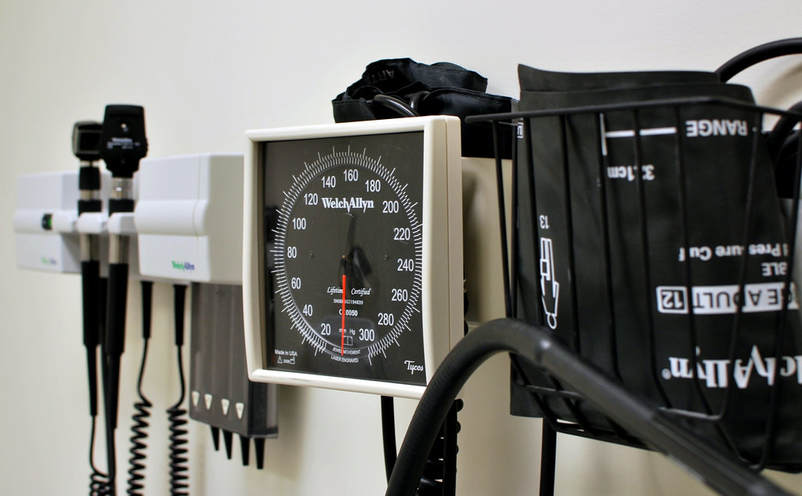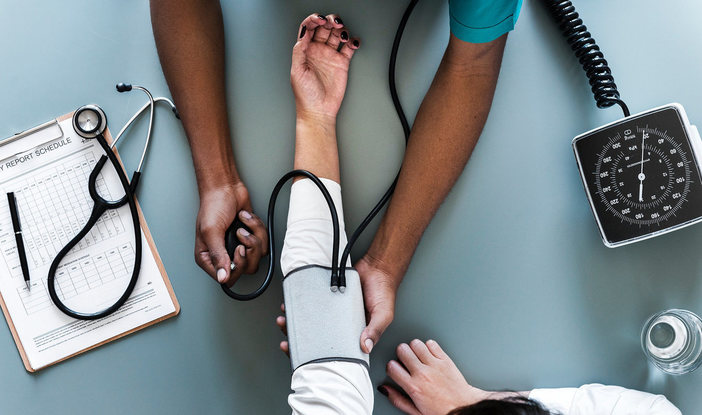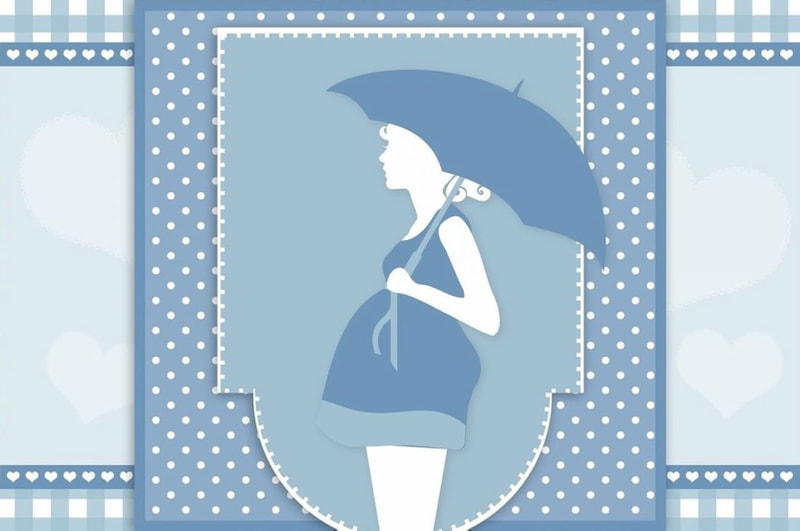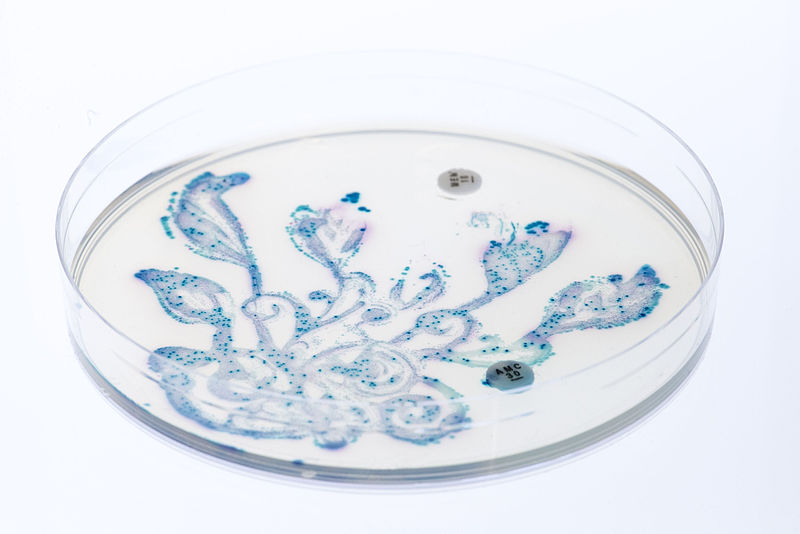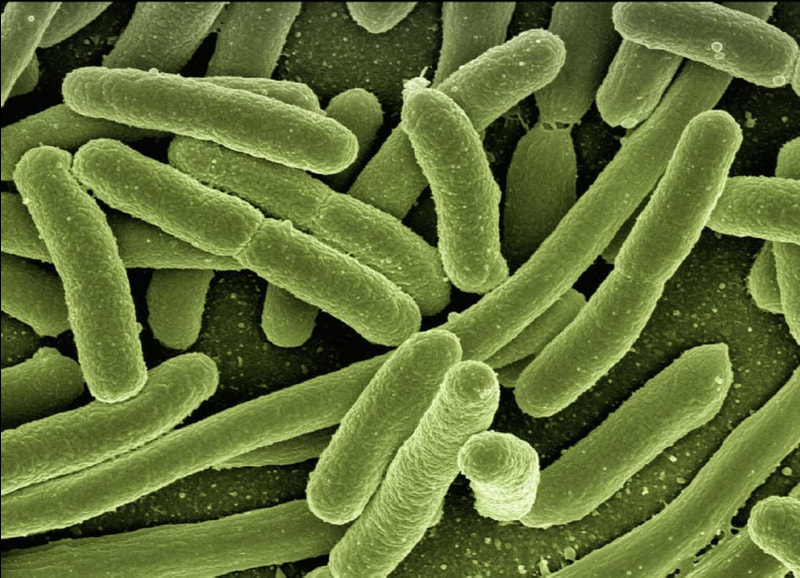Effects of Relaxation on High Blood Pressure
According to the Center for Disease Control, about one in three U.S adults - about million people - have high blood pressure. Additionally, only about half (54%) of these people have their high blood pressure under control. People with high or uncontrolled blood pressure are at risk for heart disease and stroke, making it one of the leading causes of death among Americans. A very common treatment is pharmacologic therapy using beta blockers or vasodilators; however, not all patients respond positively to drug therapy, and many experience side effects. New research led by investigators at Beth Israel Deaconess Medical Center, Massachusetts General Hospital, and the Benson-Henry Institute for Mind Body Medicine has found that some genes associated with the body’s response to relaxation techniques can help lower blood pressure among people with hypertension who are not taking medications.
The study recruited 58 people (average age of 56) who had stage 1 essential hypertension, which is defined as a systolic blood pressure between 140-159 mm Hg and a diastolic pressure between 90-104 mm Hg. All participants either were not taking medication at all or were taken off medication five weeks prior to the study. The participants were also asked to fill out a survey measuring stress, depression, and anxiety. Afterwards, the participants attended eight weekly training sessions where they were taught mind-body techniques designed to elicit a relaxation response. After these sessions were complete, the participants retook the self-survey. Results of the study showed that 13 out of the 24 participants who completed the entire eight-week sessions experienced a relevant drop in systolic and diastolic blood pressure (drop was below 140/90 mm Hg). Their average blood pressure was 126.8/75.4 compared with the remaining participants who did not respond to the treatment and had an average blood pressure of 136.6/85.8. The results of the self survey indicated that those who completed the sessions also had lower levels of anxiety, stress, and depression.
The study recruited 58 people (average age of 56) who had stage 1 essential hypertension, which is defined as a systolic blood pressure between 140-159 mm Hg and a diastolic pressure between 90-104 mm Hg. All participants either were not taking medication at all or were taken off medication five weeks prior to the study. The participants were also asked to fill out a survey measuring stress, depression, and anxiety. Afterwards, the participants attended eight weekly training sessions where they were taught mind-body techniques designed to elicit a relaxation response. After these sessions were complete, the participants retook the self-survey. Results of the study showed that 13 out of the 24 participants who completed the entire eight-week sessions experienced a relevant drop in systolic and diastolic blood pressure (drop was below 140/90 mm Hg). Their average blood pressure was 126.8/75.4 compared with the remaining participants who did not respond to the treatment and had an average blood pressure of 136.6/85.8. The results of the self survey indicated that those who completed the sessions also had lower levels of anxiety, stress, and depression.
Based off of these results, the researchers ran gene expression analyses using blood samples and found that there were specific gene expression changes that occurred in the participants who experienced a decrease in blood pressure. In fact, they found 1,771 genes that had different expression among the groups that experienced a drop in blood pressure and those who did not. These findings suggest that gene expression may play a role in blood pressure because the changes in expression were consistent with physiological changes. These conclusions are promising because physicians could potentially have a new way of treating high blood pressure that does not involve placing their patients on medications, which may have a low compliance rate because of side effects associated with them.
RELATED ARTICLES
|
Vertical Divider
|
Vertical Divider
|
Vertical Divider
|

